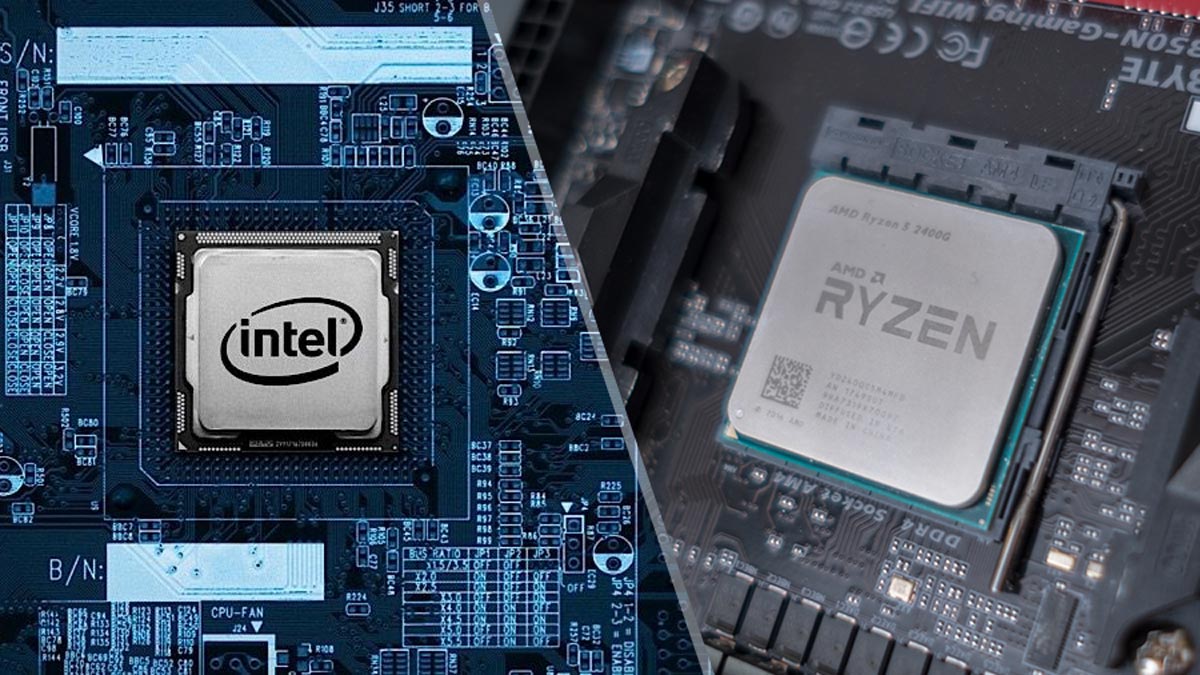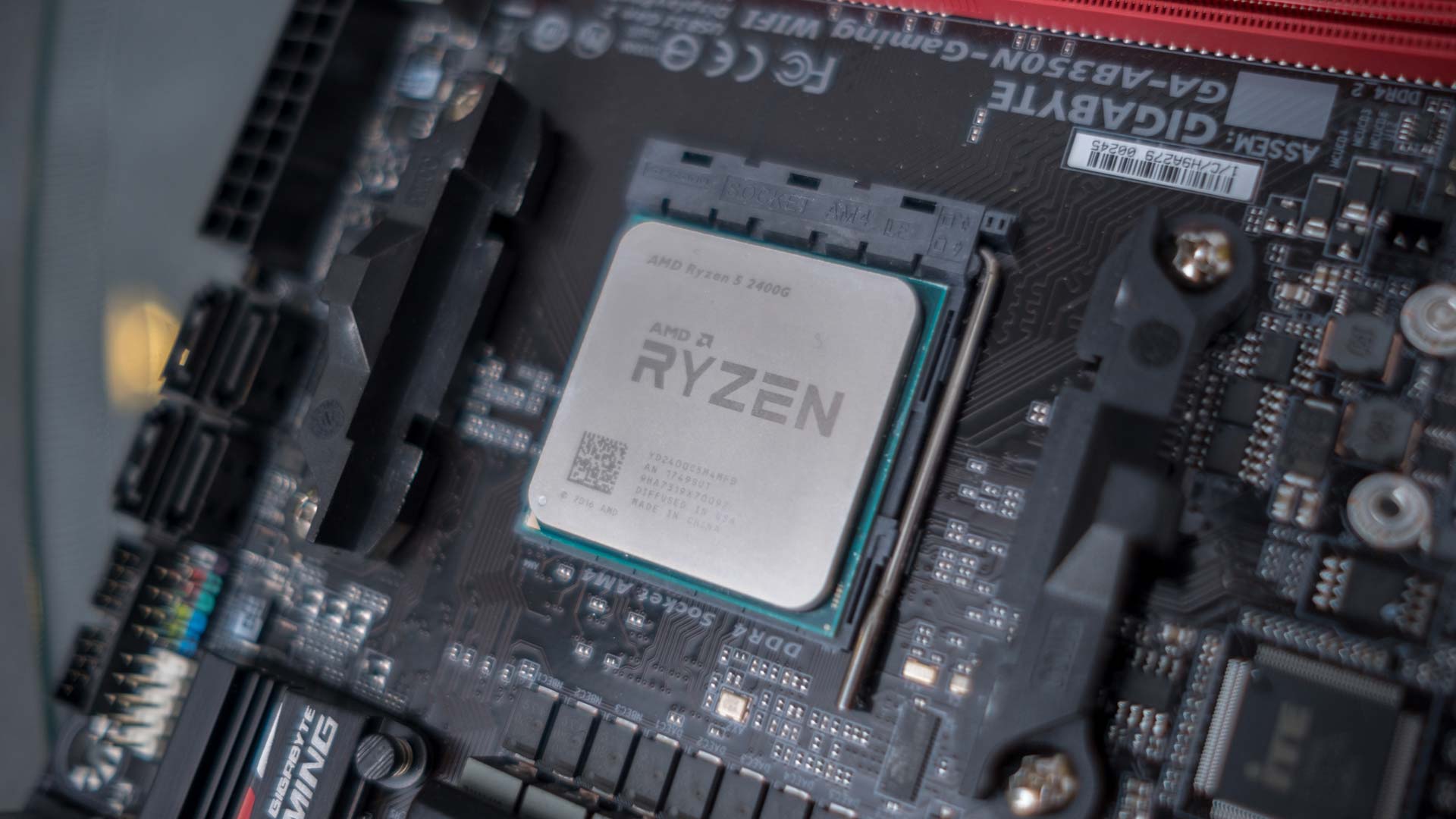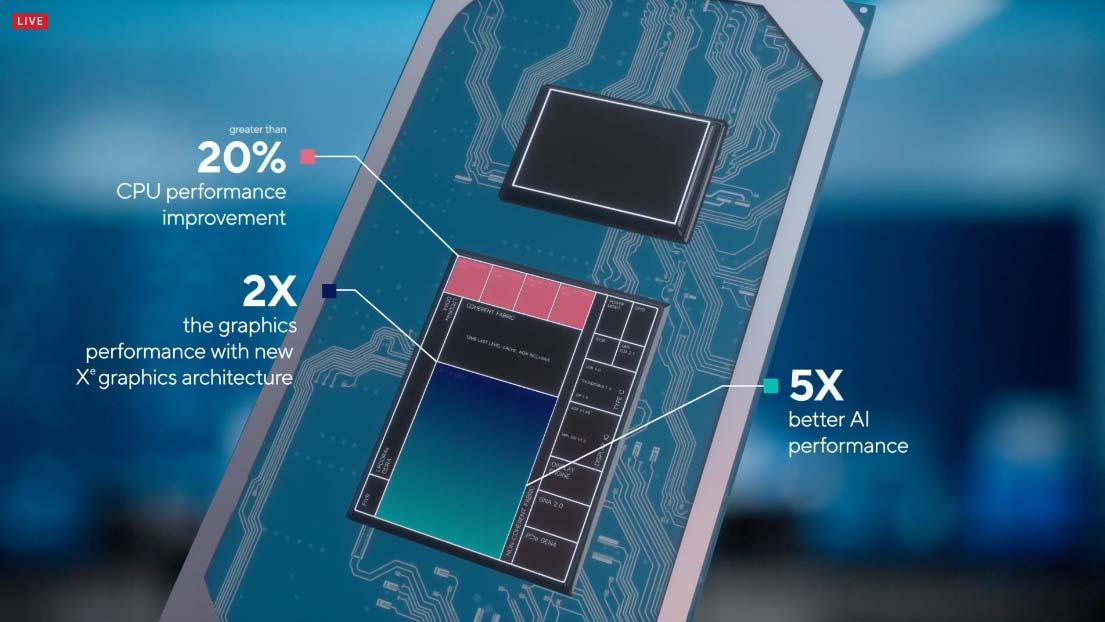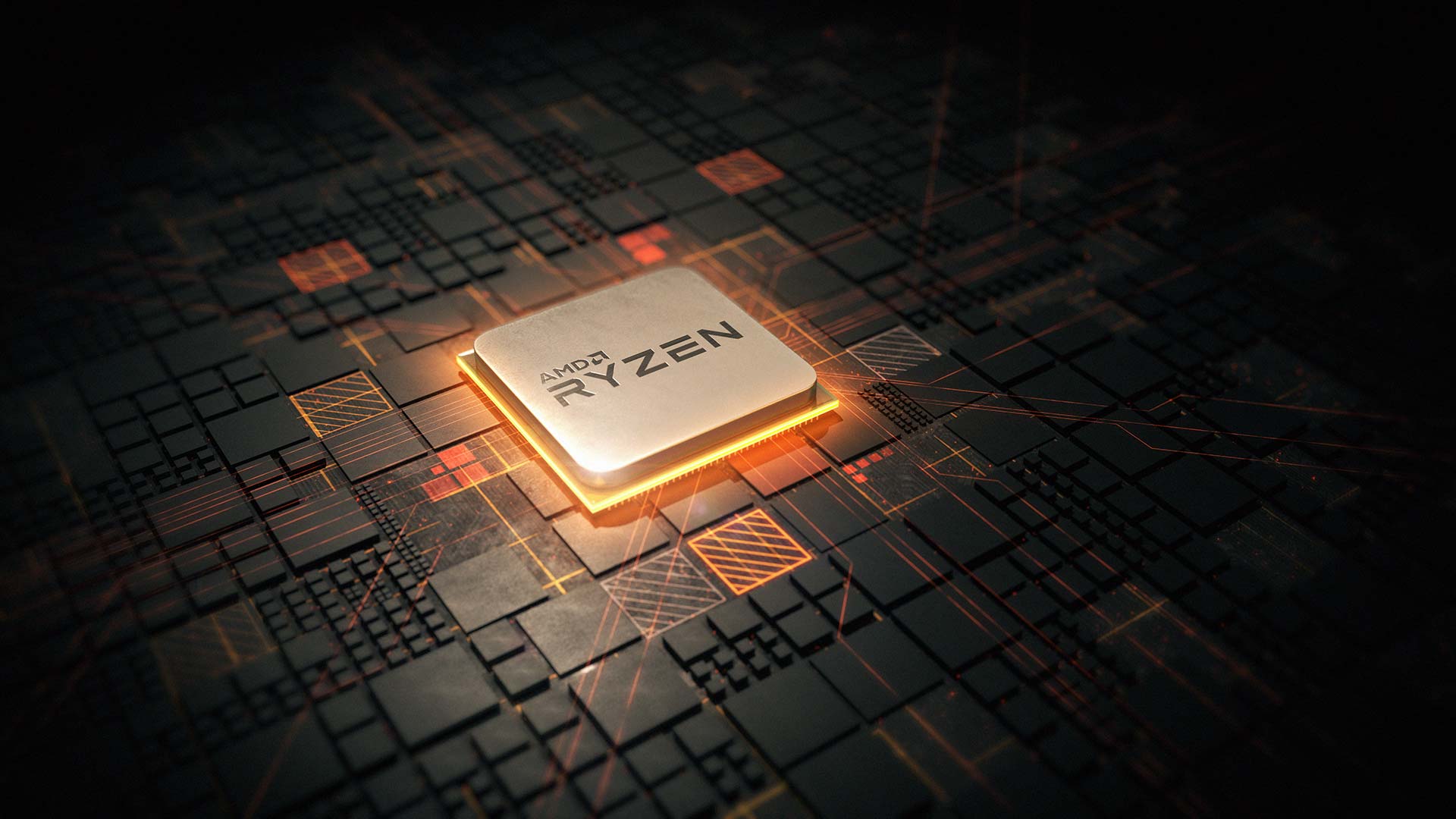AMD Ryzen 4000 vs Intel Tiger Lake: Which CPU is Right for You?
Battle of the next-gen processors

The next generation of laptop processors is about to clash with the upcoming release of Intel’s 11th gen Tiger Lake mobile processor and AMD’s already-to-market Ryzen 4000 series chips. Early benchmark leaks painted a mixed picture showing Intel pulling ahead in some categories while getting trounced in others.
To help you make the choice for your next work or gaming laptop, let’s look at the details now that more official information has surfaced about Tiger Lake CPUs after Intel’s August reveal.
AMD Ryzen 4000
Based on the Zen 2 line of microprocessors, the Ryzen 4000 CPU's headline specs are the 7nm chip size ( the smallest on the market), and the 8 compute cores housed within. This translates to a low-power consumption, high-performance part capable of complex workloads, such as video rendering. It makes for a very attractive CPU for fans of thin-and-light laptops that deliver both performance and battery life.

A quick look at some already released Ryzen 4000 laptops, like this Asus ROG Zephyrus G14 or the Acer Swift 3 shows this CPU can provide a dramatic performance uplift when compared to Intel or AMD laptops on previous-gen hardware, providing performance gains over laptops more than twice their price.
Intel Tiger Lake
Tiger Lake is Intel’s latest push to make up ground against AMD in the mobile CPU space. These CPUs are using a new Willow Cove microarchitecture which, according to info from Intel’s August 13th Architecture Day event, will represent a significant improvement to previous generation Sunny Cove-based CPUs, such as the 10th Gen Ice Lake. While remaining at a 10nm process, Intel has credited a new “SuperFin” process as the reason behind a “more than a generational increase in CPU performance”.
Another major change is to integrated graphics processing using the new Xe Graphics GPU, which has been seen running modern AAA games in high settings with no help from a discrete graphics card.
AMD Ryzen 4000 vs Intel Tiger Lake
Without any 11th gen Tiger Lake laptops on the market yet, a full comparison will need to wait, but everything we have officially seen from Intel as well as a series of reputable benchmark leaks leads us to believe that the competition has heated up considerably.
Sign up to receive The Snapshot, a free special dispatch from Laptop Mag, in your inbox.
While Ryzen 4000 CPUs will run a thinner 7nm process on four more cores than Tiger Lake CPUs, leaked benchmarks have indicated for some time that Tiger Lake-equipped laptops will pack plenty of power for gaming and mainstream application use. If you’re looking to do more workloads at a quicker rate with applications like Adobe Premiere, the higher core count should serve you well and the early benchmarks would back up that claim.
However, Intel has a solution for this potential shortcoming with its proprietary Deep Learning Boost AI instruction set, AVX-512. At a recent event, Intel ran a comparison using Adobe Lightroom that showed better performance on a Tiger Lake i7-118G7 machine versus one equipped with a Ryzen 4800U.
All signs point to Intel having a strong presence in the laptop CPU space starting later in 2020, although it won’t be a landslide. For anyone in the market this holiday for a thin gaming laptop, Tiger Lake CPUs should be on your watchlist while Ryzen 4000 CPUs are still likely to be the choice for video editors picking their next portable rendering workhorses.


